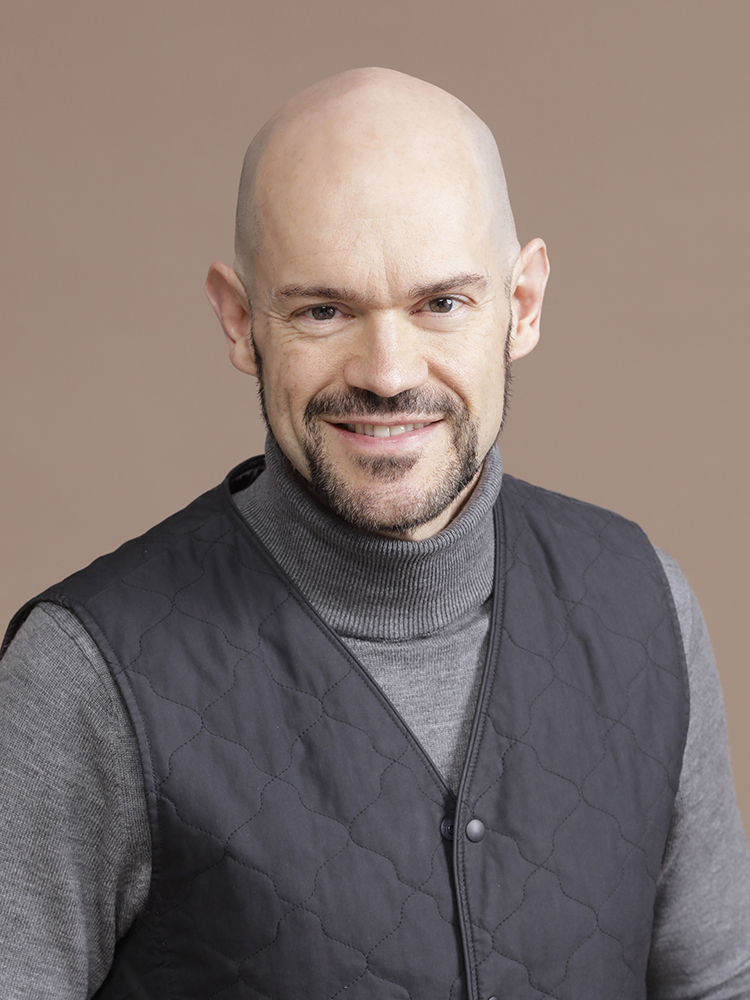 From 2008 until the end of 2010, LG Electronics did what’s never been done before in Korean business. The company brought in five foreign executives to help bring the company up to international standards in a variety of areas. The experiment is over though; all the non-Korean executives have moved on, and LG Electronics is back in the hands of Koreans only, leaving a lot of unanswered questions about how prepared Korean multinationals are to become truly multinational.
From 2008 until the end of 2010, LG Electronics did what’s never been done before in Korean business. The company brought in five foreign executives to help bring the company up to international standards in a variety of areas. The experiment is over though; all the non-Korean executives have moved on, and LG Electronics is back in the hands of Koreans only, leaving a lot of unanswered questions about how prepared Korean multinationals are to become truly multinational.
Didier Chenneveau was one of the foreign executives and he served as Senior Vice President and Chief Supply Chain Officer for over two years. His insights from the experience are valuable for anyone interested in doing business in Korea, because they explore the limits of Korean business culture, the ways for Korea to improve and implications for others in making a success of their positions within Korean corporate business.
Click here [EXPIRED LINK REMOVED: https://stevenbammel.com/category/archives/kbcforum/topics/korea-business-central-45] to listen to the interview, download the .mp3, subscribe in iTunes, read the transcript and or discuss this interview and this topic with other members of Korea Business Central visit the English-language discussion link.
Click here for the full list of interviews in the Korea Business Interview Series.
Main Points of the Interview
Topic #1 – Background to Joining LG Electronics
- Didier started at Caterpillar in Switzerland for three years and then moved to HP for about 17 years, both in Europe and the US.
- He wanted to work in Asia and the vision of LG Electronics’ new CEO Young Nam in 2008 to globalize the organization was inspiring enough for Didier to join as Chief Supply Chain Officer. Around that time, other foreign executives took C-level positions in marketing, procurement, strategy and HR.
Topic #2 – Getting Started at LG Electronics
- LG’s intention by bringing in foreign executives was to improve the Korean model by making the company management reflect the global nature of LG’s business. The need to do this is well illustrated by the fact that almost no Korean executives have moved on from Korean companies to successfully run foreign corporations.
- Didier’s primary role was to aggregate the supply chain function across the organization, which included creating a vision for the function, bringing in best practices from outside, promoting more outsourcing, setting up KPIs and building an IT system to support it.
- The CEOs globalization vision was good and public statements by the company about it were sincere and correct. There was push-back within the organization though from those who didn’t understand or who felt threatened by the changes.
Topic #3 – Supply Chain Management from a Korean Perspective
- Korean company supply chains are similar to a Japanese model. Those of large Korean conglomerates are generally run through an internal logistics company. Supply chain management operates through an end-to-end approach rather than being open and collaborative with other partners.
- The biggest achievement Didier accomplished was around inventory management and supply/demand matching, as well as outsourcing.
- The lack of IT systems was a major non-cultural issue for improving supply chain management since information technology wasn’t a strategic priority in the company.
- In regard to smartphones, Korean companies have tended to focus too much on manufacturing, where little value is added. Instead, outsourcing these portions to others and focusing on product development would be more advantageous. LG smartphones have succeeded in the area of design, and leadership can be regained by focusing on innovation, understanding customer needs and creating better partnerships.
- LG’s position on Garner Group’s index of the world’s best supply chains went from 65 in 2007 to 27 in 2010, a notable outside confirmation of Didier’s success in his position.
Topic #4 – Cultural Challenges of Working in the Korean Workplace
- LG is still a very hierarchical organization with huge respect for authority. The foreign executives had trouble getting into that culture. Evening social drinking was not easy to go along with on a continuous basis.
- Language was also a big barrier. Even with interpretation, there’s a lag in the conversation, and it’s difficult to pick up all the nuances. Staff meetings started out in English, but this stopped early and went back to Korean. Efforts to introduce English into the workplace were not as robust as was widely publicized outside the company.
- The concept of an open door policy was not generally accepted even though Didier worked hard to get his subordinates to follow it.
- Relationships with peers were professional, but not warm, in part for language reasons and the unwillingness of foreign executives to engage in the after-hours drinking. The foreign executives were respected for their knowledge and expertise but Korea still remains a very close, structured and hierarchical culture.
- Consensus in Korea often felt like a one-way thing. To achieve results, the foreigners had to build consensus with the Koreans, but they didn’t always feel that the Koreans made the same effort to bring the foreign team into the consensus process for Korean-promoted initiatives.
- Didier’s was able to get his direct approach to discussion and decision-making across to his staff. The first time he asked “What do YOU think?”, they were surprised. The reaction was, “You’re the bosss. You tell me what I’m thinking. You tell me what to do.” With time though, they grasped it, understood it and achieved good results.
Topic #4 – The Departure of the Foreign CEOs
- When word got out at the end of 2010 that the foreign executives were all leaving, many outside the organization were surprised. The simple answer for the changes is that a new CEO came in and decided to take a new direction. In fact, the new CEO never even met the foreign executives for the last three months of their contracts, even though they were still on the payroll.
- Overall, Didier’s time at LG was very positive for him. If he had to do it over, he’d want to have been sure that the CEO had a long enough mandate to achieve his changes. The rotation of executives in Korean companies every three to four years is institutionalized and puzzling.
- Korean companies need to look at the markets they serve and ensure they have people in positions of responsibility who are able to understand those markets. This is what CEO Young Nam understood.
Topic #5 – Wrapping Up
- Living in Seoul as a foreigner is OK, but not great. It’s a hard place to speak English, in spite of the efforts Koreans make to learn English. It’s hard to make local friends. There are lots of great restaurant and museums. Spring and fall are beautiful. The skiing is nice.
- Asia is where exciting things are happening in the world in terms of supply chain management, thus Didier is now running and expanding CEVA’s operations in Asia.
- New graduates looking to excel in Asia should make sure to work in companies from more than one country.
- Korean companies are great at manufacturing, but there’s still the question of innovation and whether Koreans can excel in the businesses of the future.



